JIU LIVRE GRAPPLING OFFICE MARTIAL ARTS FOR ALL AGES!
Why Business Leaders Are Turning to Brazilian Jiu-Jitsu for Stress Management
In today's fast-paced corporate environment, stress management has become an integral part of maintaining both mental and physical well-being. Many business leaders are adopting various methods to reduce stress, with Brazilian Jiu-Jitsu (BJJ) emerging as an increasingly popular solution. This article explores the reasons why corporate executives are embracing this martial art as a valuable tool for stress relief, physical health, and overall mental sharpness.
Introduction to Brazilian Jiu-Jitsu and Its Rising Popularity
Brazilian Jiu-Jitsu, commonly known as BJJ, is a ground-based martial art that focuses on grappling and submissions. It was developed from Judo in the early 20th century in Brazil and has since grown into a global phenomenon. While its physical benefits are well-documented, many are unaware of the profound impact BJJ has on mental health and stress management. For business leaders juggling demanding roles, BJJ offers a structured, high-intensity outlet to focus their energy.
The Connection Between Physical Activity and Stress Reduction
The link between regular physical exercise and reduced stress is well-established. Physical activities such as BJJ stimulate the production of endorphins—natural mood elevators that can significantly alleviate stress. Business leaders often face a high-pressure work environment where quick decision-making and problem-solving are essential. Regular engagement in BJJ provides not only a physical release of pent-up stress but also mental clarity to tackle complex challenges.
How BJJ Teaches Problem-Solving Under Pressure
BJJ is often referred to as a "game of chess" due to the mental strategies required to outmaneuver opponents. When on the mats, practitioners must make split-second decisions, much like the high-stakes environments of corporate boardrooms. The practice of thinking critically and solving problems while under physical and mental pressure in BJJ mirrors the challenges executives face in their work life. By regularly participating in BJJ, business leaders can sharpen their problem-solving skills while simultaneously reducing stress.
Building Resilience and Overcoming Adversity
One of the core tenets of BJJ is resilience—the ability to face adversity and keep moving forward. Practitioners often find themselves in difficult positions, learning to stay calm and apply the right techniques to escape or gain the upper hand. This resilience-building practice directly translates into the business world, where overcoming obstacles and bouncing back from failures is crucial for success. For executives, BJJ provides a hands-on way to develop perseverance, equipping them to handle stress better and lead with confidence.
The Importance of Mindfulness in Business and BJJ
In BJJ, practitioners must remain fully present during training and sparring sessions. Distraction or a wandering mind can lead to mistakes, and being present helps in making quick, accurate decisions. This need for mindfulness parallels the focus required in business leadership. Leaders who practice mindfulness are better able to manage stress, maintain clarity of thought, and foster better decision-making in their professional lives. By practicing BJJ, business leaders cultivate the ability to stay grounded, focus on the moment, and navigate both personal and professional challenges.
Stress-Relief Through Controlled Breathing Techniques
Effective breathing techniques are fundamental in Brazilian Jiu-Jitsu, where controlled breathing helps conserve energy and stay calm during physically demanding situations. Similarly, in business, leaders often need to maintain composure under pressure. The breathing exercises learned in BJJ can be applied to manage stress in the corporate world, helping executives keep calm in high-stress meetings or during critical negotiations.
Physical Fitness as a Path to Mental Clarity
Business leaders often experience long hours and sedentary lifestyles, which can lead to physical and mental fatigue. The rigorous physical demands of BJJ provide a counterbalance, helping executives stay fit, energized, and clear-headed. Improved physical fitness also leads to better sleep, sharper cognitive function, and a general sense of well-being, all of which are crucial for high-performance leadership.
Developing Humility and a Growth Mindset
In BJJ, no one wins all the time, and losses are seen as learning experiences rather than failures. Business leaders who practice BJJ learn to approach setbacks with a growth mindset, which is essential for innovation and long-term success. This ability to accept failures and learn from them reduces stress and allows for more calculated, long-term decisions in the workplace.
The Power of Community and Networking
While BJJ is an individual sport, it fosters a strong sense of community. The camaraderie built on the mats translates into meaningful relationships off the mats. Many business leaders appreciate the networking opportunities BJJ offers, as the community often includes professionals from various industries. These relationships can provide emotional support, encouragement, and even business connections, all of which contribute to stress relief and personal growth.
Accountability and Discipline in Training and Business
BJJ requires dedication, discipline, and consistency—all of which are also necessary for success in business. For business leaders, maintaining a regular training schedule teaches accountability and the importance of continuous improvement. This discipline carries over into their professional lives, helping them stay focused and organized, which in turn reduces the stress of juggling multiple responsibilities.
Time Management: Juggling Work and Jiu-Jitsu
For business executives, finding time for physical activity may seem challenging. However, many leaders report that the time spent on BJJ actually enhances their time management skills. By dedicating a few hours a week to training, they become more disciplined in organizing their work and personal schedules, which leads to more effective use of their time overall.
Reducing Burnout Through Active Stress Management
Burnout is a significant issue for business leaders who work long hours in high-stress environments. BJJ offers a structured way to unwind, disconnect from work, and engage in a physically and mentally demanding activity that helps reduce burnout. The combination of physical exertion, mental engagement, and community support makes BJJ an ideal antidote to the pressures of corporate life.
Mental Toughness: Preparing for High-Pressure Situations
Both BJJ and business require mental toughness—the ability to stay calm and focused in high-pressure situations. On the mats, practitioners frequently face challenging circumstances, and learning to control their emotions and reactions is key. This mental toughness translates into the boardroom, where staying composed and making rational decisions under pressure is critical for success.
Self-Defense and Confidence Building
BJJ is not only an excellent form of exercise and stress relief but also an effective self-defense system. For business leaders, the confidence gained through learning self-defense can translate into their professional lives. A heightened sense of self-assurance can lead to better leadership, stronger decision-making, and more assertive communication.
Final Thoughts
In conclusion, Brazilian Jiu-Jitsu offers a multifaceted approach to stress management for business leaders. From the physical benefits of regular exercise to the mental advantages of mindfulness, problem-solving, and resilience training, BJJ is an ideal practice for those looking to thrive both personally and professionally. For business leaders seeking a holistic method to manage stress, improve their fitness, and enhance their mental sharpness, BJJ provides a compelling and effective solution.
FAQs
1. How often should business leaders practice BJJ to experience stress relief? Most business leaders find that training two to three times a week provides significant benefits without overwhelming their schedules.
2. Is Brazilian Jiu-Jitsu suitable for beginners with no prior martial arts experience? Absolutely! BJJ is known for being beginner-friendly, and many schools, including Jiu Livre School, offer classes tailored to newcomers.
3. How does BJJ compare to other forms of exercise for stress management? While all forms of exercise can reduce stress, BJJ combines physical activity with mental engagement, which many business leaders find especially beneficial for relieving stress and improving focus.
4. Can Brazilian Jiu-Jitsu help improve work-life balance? Yes, BJJ encourages discipline and time management, which can help business leaders create better work-life balance by making time for physical activity and self-care.
5. What are the long-term benefits of BJJ for business professionals? In the long term, BJJ enhances mental resilience, improves physical health, and fosters better decision-making skills, all of which are crucial for sustained success in business.
6. Are there any risks associated with practicing BJJ for stress management? As with any physical activity, there is a
risk of injury, but by training with qualified instructors and focusing on technique, these risks can be minimized.
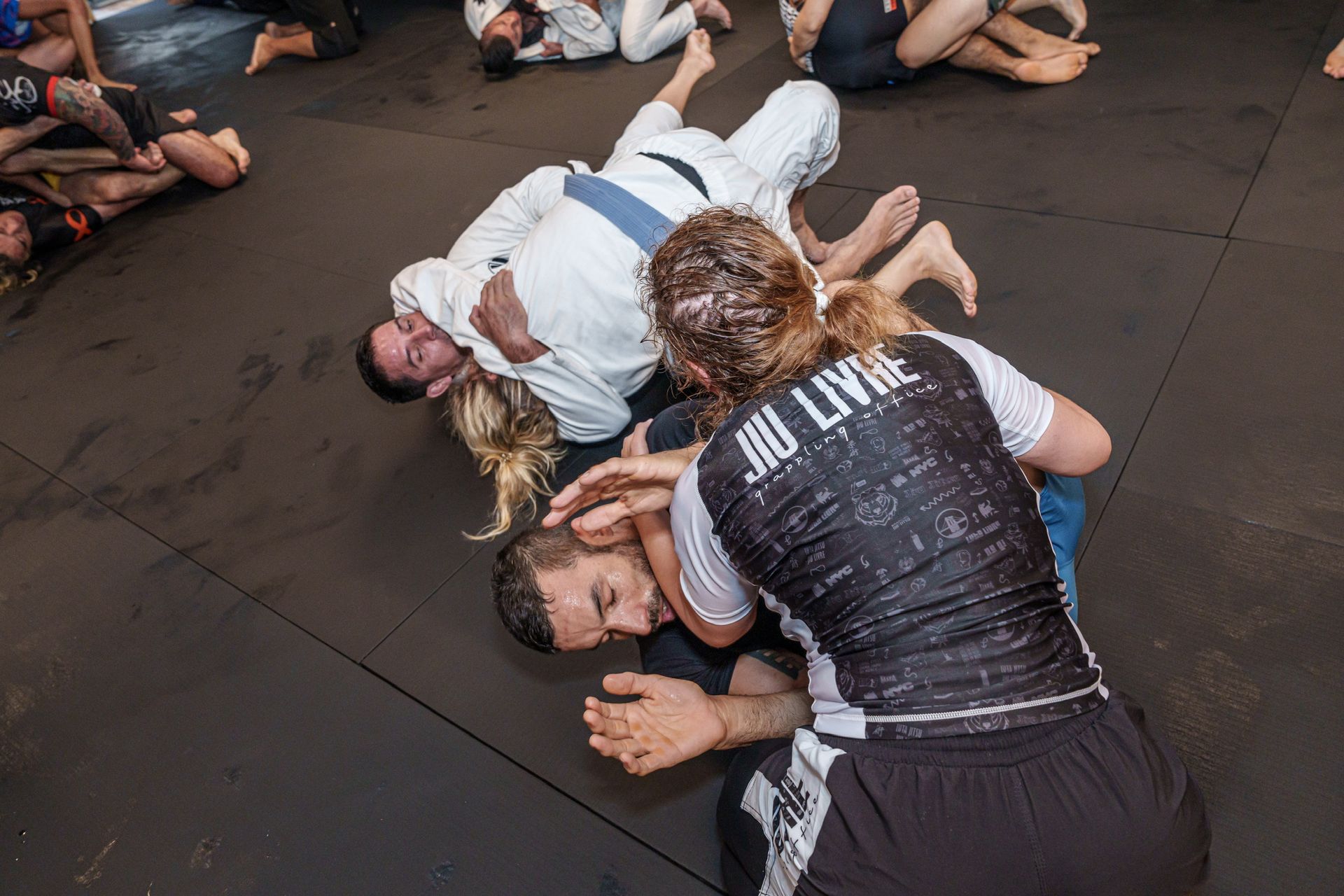
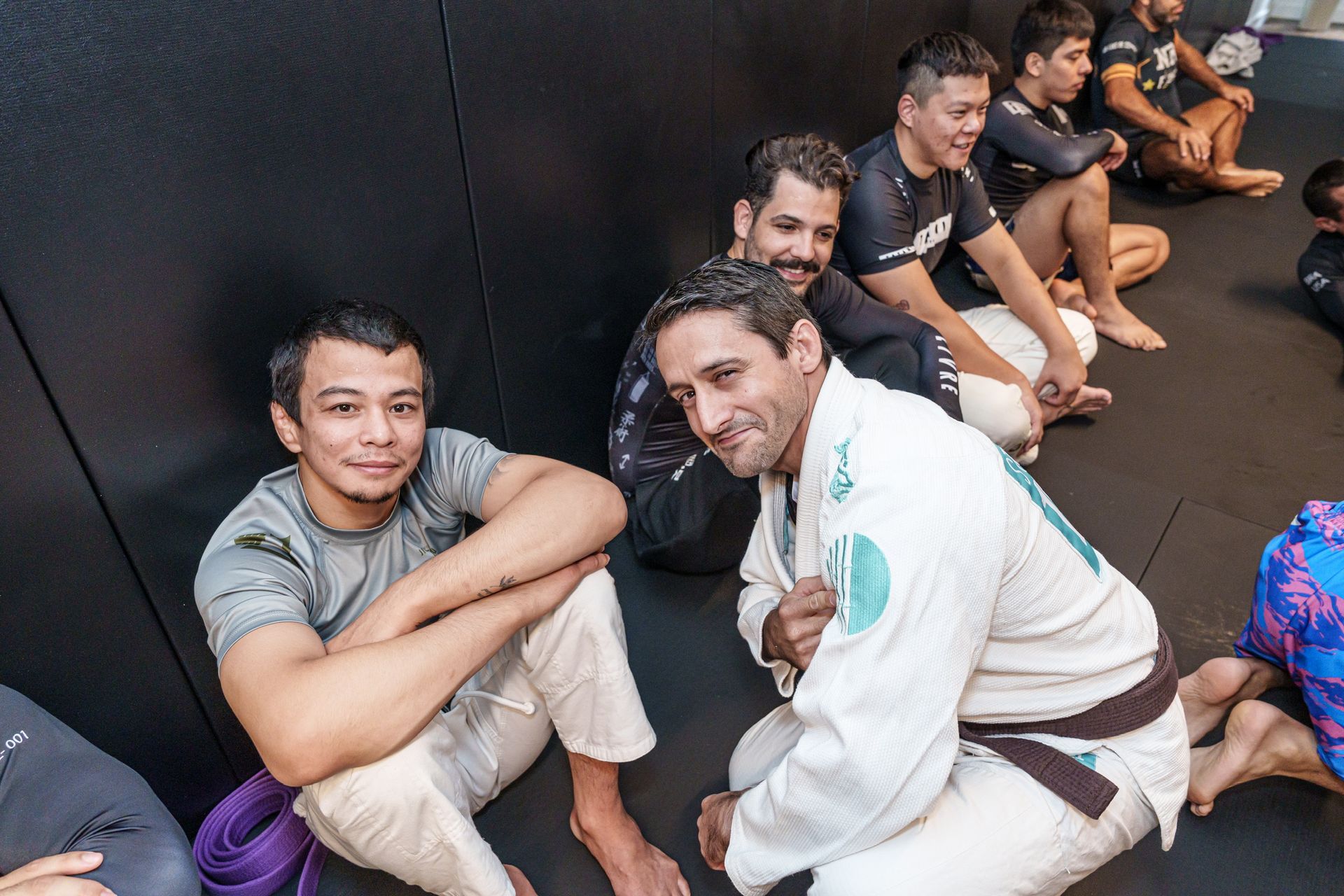
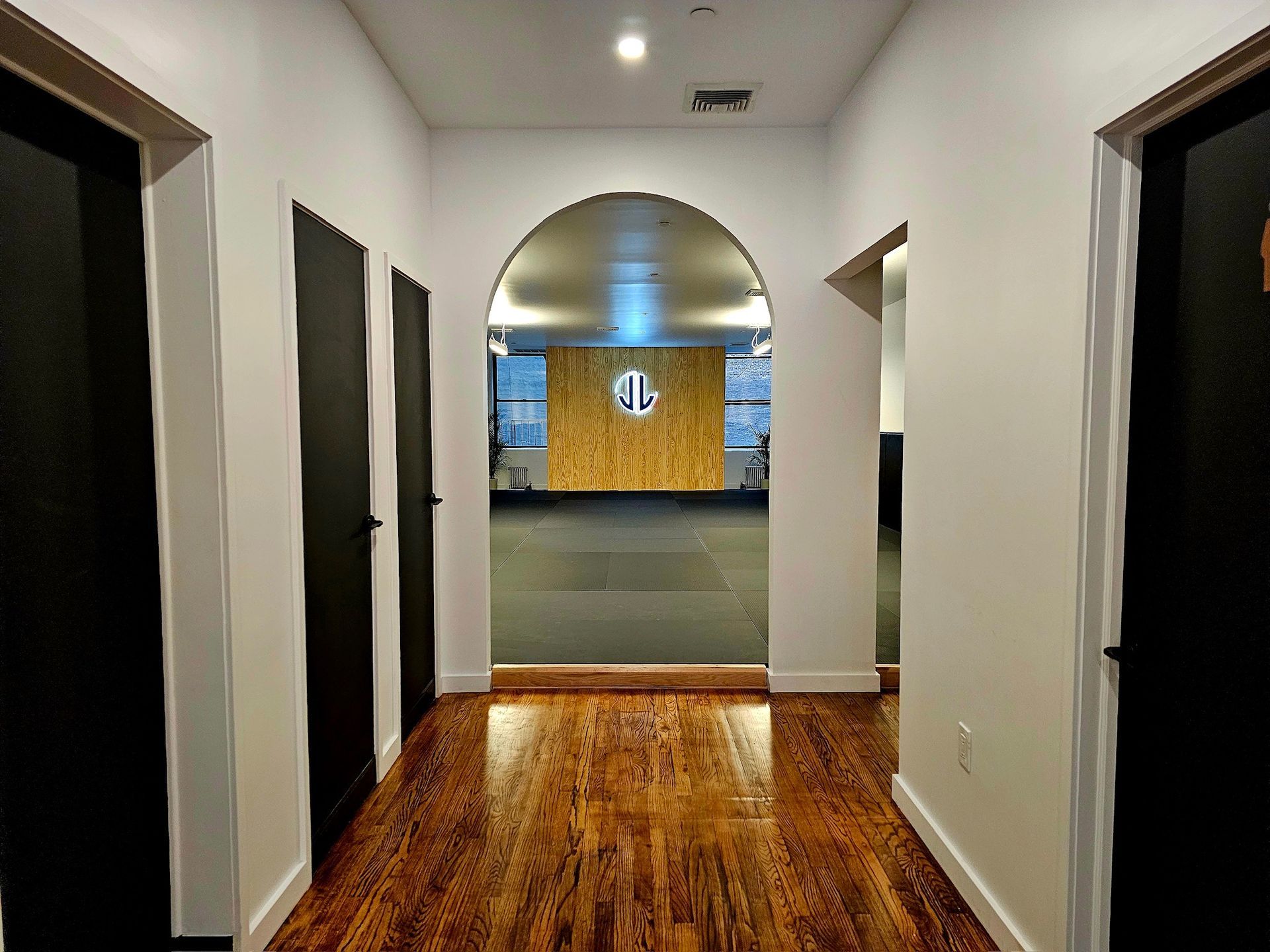
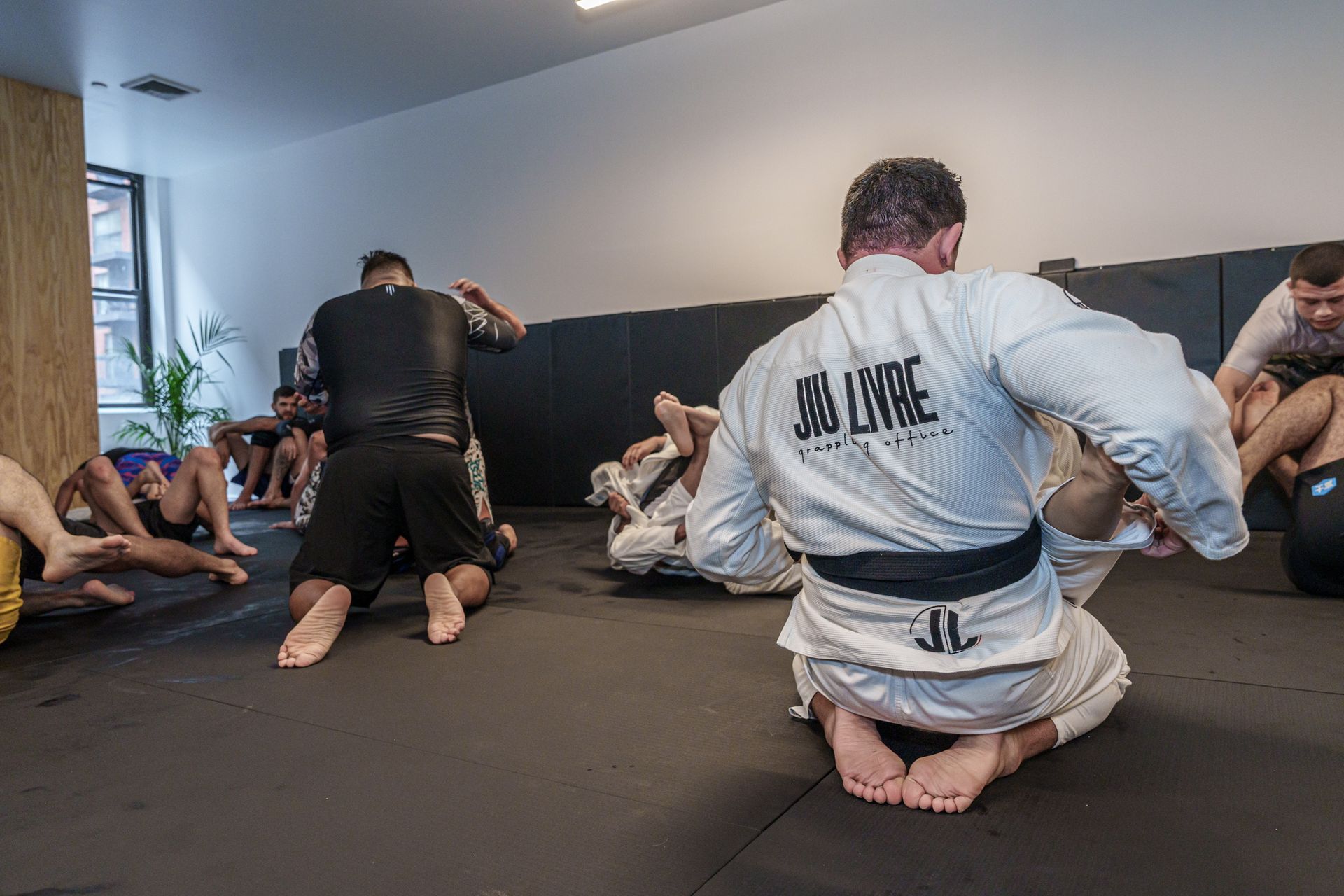
Request Information
Get started today with our EXCLUSIVE offer!
ACCESS OUR SCHEDULE
& EXCLUSIVE WEB SPECIAL
All Rights Reserved | Brava Holdings Inc.
